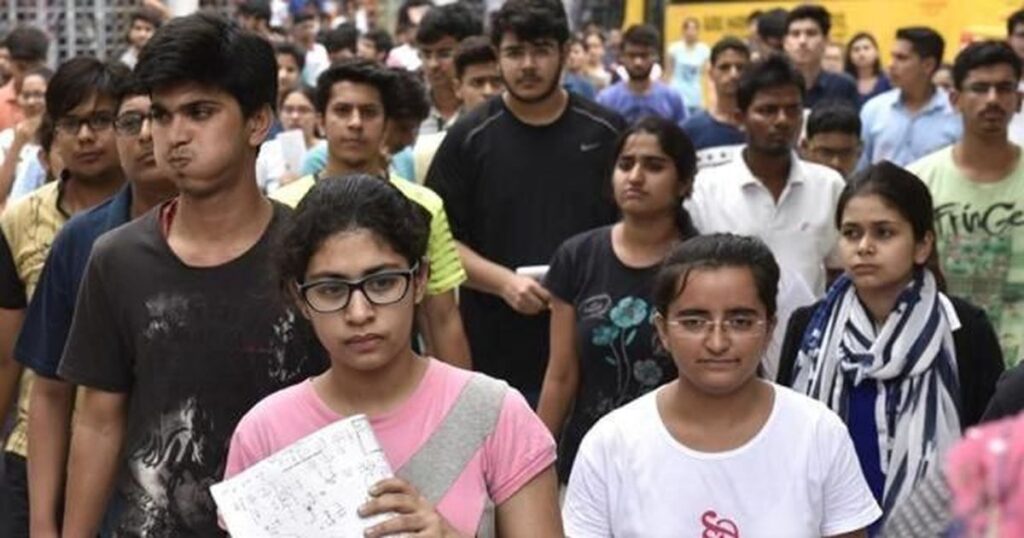
Table of Contents
The State Gov’t Appoints a Committee to Examine Impact of Gaming Adds
A committee has been appointed by the Tamil Nadu government with the task to spend two weeks in examining the impact on the public exerted by advertisements of online gaming companies including financial losses, suicides and other effects. The political opposition saw this as a bad and ill-intended move designed to postpone the enactment of a blanket ban on gaming in the state.
The decision to establish the committee was taken at a meeting of the DMK-led state government chaired by Chief Minister M. K. Stalin. The new panel is headed by K. Chendru, a retired justice from the High Court of Madras.
Indian Institute of Technology Madras expert Shankar Raman, SNEHA Suicide Prevention Centre founder and phychologist Lakshmi Vijayakumar, and Additional Director General of Police Vinit Dev Wankhede are the other members of the committee.
As per a statement of the DMK government, a number of people in the state have committed suicide after losing their money and incurring large debts by playing online games.
The Joint Coordinator of the opposition party AIADMK and former Chief Minister E. K. Palaniswami used the same argument specifying that a total of 23 people have committed suicide due to debts from online gaming and asked “does the Tamil Nadu government need any more reason to ban it?”
According to him, the appointment of the committee is a dilatory action by the government aimed to postpone banning online gaming in the state. The AIADMK and the PMK parties have demanded the DMK cabinet to enact an ordinance to that effect.
Such an ordinance was implemented by the previous AIADMK government and the then active Chief Minister Palaniswami at the end of 2020. In the beginning of 2021, the ordinance was transformed into a law amending the Tamil Nadu Police Acts.
In August 2021, the High Court of Madras struck down the amendment and the blanket ban on online gaming contained therein as contradictory to the Union Constitution and being unproportionate, unreasonable and arbitrary.
The HC held that banning online games of skill infringed fundamental rights of practising free trade and business activities protected by Article 19(1)(g) of the Constitution and observed that the government had provided only “anecdotal references” to the “evils” of online gaming and suicides, failing to demonstrate that lesser measures would not have achieved the sought purposes of protecting the public.
According to the High Court judgment, the government was free to draw up appropriate regulation concerning online gaming in line with the constitutional provisions. Instead of doing this, however, in December 2021, the new DMK Tamil Nadu cabinet chose to appeal the Madras HC ruling before the Supreme Court, without even considering that regulation might be a more viable solution.
Banned Status Does Not Stop Betting from Occurring on a Large Scale in India
Gambling and betting are prohibited in most parts of the country, and this is especially valid for offline or physical forms of such activities occurring in public gaming houses or otherwise with physical cash. The status of online betting in India is more of a gray area, not having been expressly banned in most cases, and thus not illegal. Nevertheless, betting, both offline and online, is occurring on a pretty large scale in the country.
The most modest estimates on the size of the Indian sports betting market place it at a value of ₹3 lakh crore (roughly $40 billion) per annum. Other industry estimates claim that amounts like ₹6 lakh crore ($80 billion) or even ₹11.5 lakh crore ($150 billion) change hands every year over various sportsbook channels.
The estimated number of desi bettors is also impressive, with 14 crores of Indians betting regularly and 37 crores doing it when there is a major sporting event around. While an increasing portion of these activities are going through international platforms offering free cricket betting tips or general sportsbooks, most of these lakhs of crores of rupees are wagered on the black market.
These facts show that the outright ban on gaming that the Tamil Nadu political class is dreaming about would hardly offer any solution to the problem of regular people going into financial trouble over gambling that can even make their lives unbearable. The only result to be reasonably expected would be making the black market stronger and worsening the situation.
The Central Government is Looking fo a Solution to the Problem, Not for New Ways to Pinpoint It
Preceding the forming of the TN committee, in May this year, the Central Government established an inter-ministerial panel tasked to study the global best practices on gaming regulation and draw up recommendations outlining a uniform regulatory regime for the country. The taskforce was given 3 months to work, a more realistic timeframe than TN committee’s 2 weeks, and will use this time not to describe the problem, but to find ways to solve it.
The taskforce will examine, in consultation with experts, matters such as gamer protection against risks like addictions, ease of doing business and the compliance burden for operators, and a level playing field. The panel is also mandated to propose a general structure of central laws that need to be introduced or amended in this regard.
The setting up of this panel is a welcome move, as proper regulation can provide the much needed control over online gaming activities and ensure that people have access to responsible gaming tools and are shielded against risks. Contrary to the effect of blanket bans, sensible regulation is capable of achieving a safe gaming environment for Indians.







